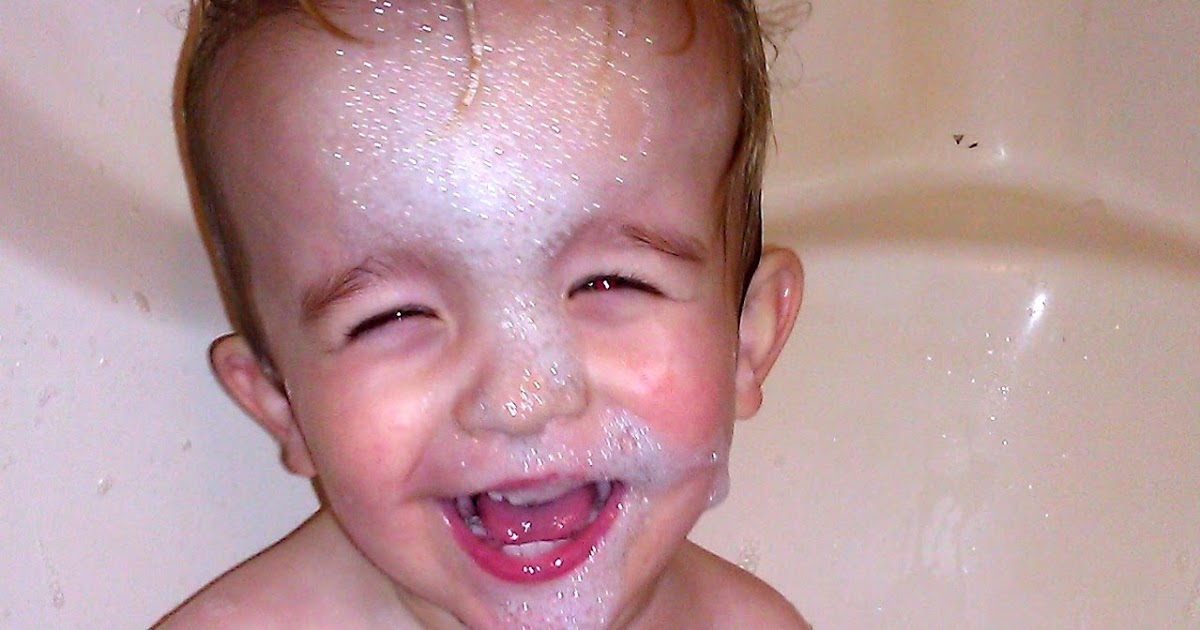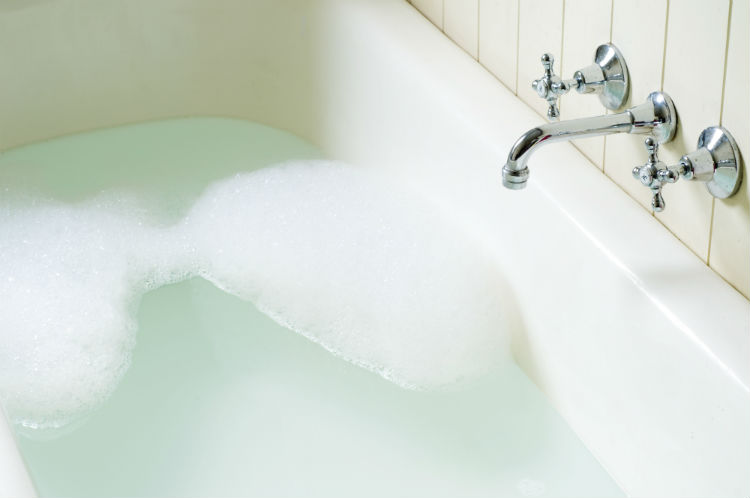

If you’re a landlord, family member, or friend, we know that this is a difficult decision, since the patient may be resistant to your help.īut at Go Junk Free America!, we stand ready to help no matter what the situation. If you’re a patient asking this question, congratulations! You’ve already done the hardest part – acknowledging the need for charge and making the tough decision to declutter. This kind of hoarding may also be a symptom of OCD, an obsessive-compulsive personality disorder, addiction, dementia, a delusional disorder or an attachment disorder. Urine, feces, starving and even dead or cannibalized animals are often found in the home, but the patient is unable to discern that he or she is not given them the proper care. Unlike Hoarding Disorder, patients are generally unashamed and undisturbed by the chaos, and although often highly intelligent, are often also very stubborn, aggressive, suspicious, and emotionally unstable.Īnimal Hoarding is similar to Hoarding Disorder, but involves adopting a large number of pets without the means to care for them. However, hoarding may be a symptom of OCD if driven by fear of contamination, superstition, or an obsession with a certain object.Īlso known as Senile Squalor Syndrome, this condition is not only characterized by chronic hoarding, but also with extreme self-neglect in other areas, usually as a reaction to a traumatic stress. Until 2013, they were considered one disease, but were separated due to the fact that only a small percentage of chronic hoarders exhibited the other symptoms of OCD or responded to OCD treatments.

Obsessive-compulsive disorder, or OCD, is the condition most often associated with hoarding. The difference between chronic hoarding and hoarding as a symptom of another condition is the presence of other primary symptoms and/or motivations. Hoarding may also be indicative of another mental or physical disorder. In short, if you save items for no other reason than that you have an overwhelming urge to save or distress at throwing things away, and your belongings have taken over your house, causing you stress, physical or social impairment, and health or safety risks, you are probably a chronic hoarder. No other qualifying physical or mental disorders.Depression and/or anxiety caused by the state of one’s home.Sanitation or fire hazards caused by the buildup.The inability for items to be organized or displayed (like a collection) due to quantity, leading to their accumulation in disorderly stacks or piles around the house.Few to no social interactions due to embarrassment over one’s home.Accumulating items to the point where you can no longer use the rooms in your home for their intended purposes.An intense urge to collect or save items that have little intrinsic value.Great distress at the thought of throwing or giving something away.Persistently finding it difficult to get rid things, regardless of their actual value.According to the DSM-5 and Mayo Clinic, Hoarding Disorder is defined by a number of symptoms, such as: While having a cluttered home also has its problems, simply having too many belongings does not make a person a chronic hoarder. Such people may have a Hoarding Disorder, which used to be considered a type of Obsessive Compulsive Disorder (OCD), but which has been recognized as a separate and unique challenge since 2013. They may not be able to cook due to the stacks on the counters, bathe because of the items in the bathtub, or sit at a table because the tabletop and chairs are covered with objects they have stored. However, millions of people around the country (an estimated 2-5%) have a serious problem that goes beyond merely being a “pack rat.” These people accumulate items to the point where their home becomes unusable. Just because you or a friend or family member has a cluttered or messy house doesn’t mean you need intervention or junk removal services to come into your home (unless you really want to get rid of a large amount of stuff). Most of us have probably known people who were avid collectors and whose homes were filled with knickknacks, antiques, books, or any number of other desirable items. Many people consider themselves “pack rats” and frequently joke about their house needing a good spring cleaning.


 0 kommentar(er)
0 kommentar(er)
